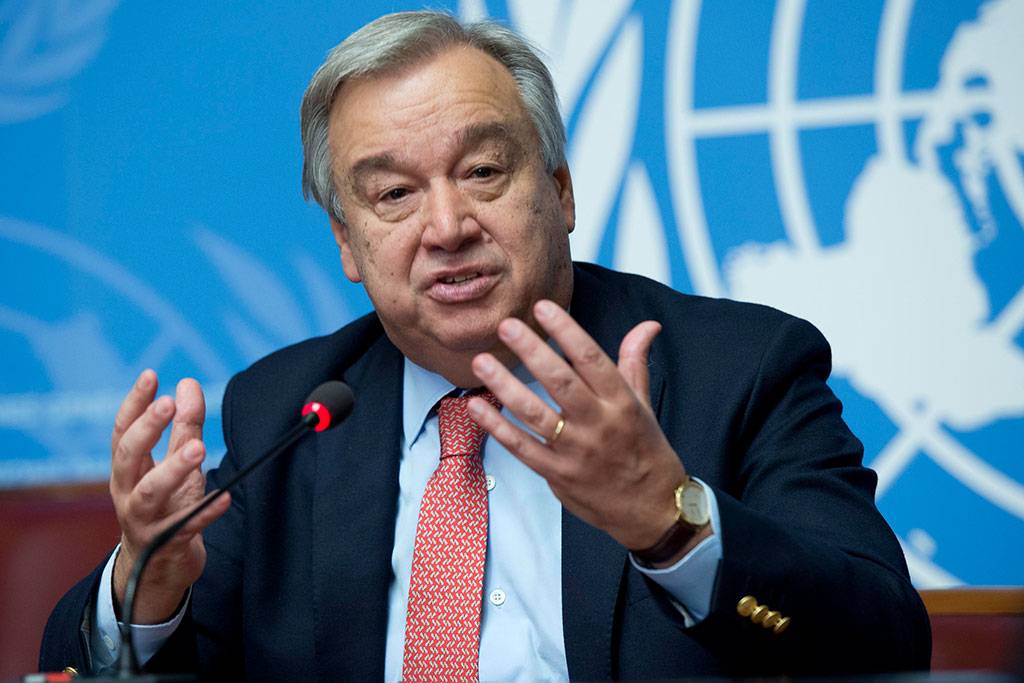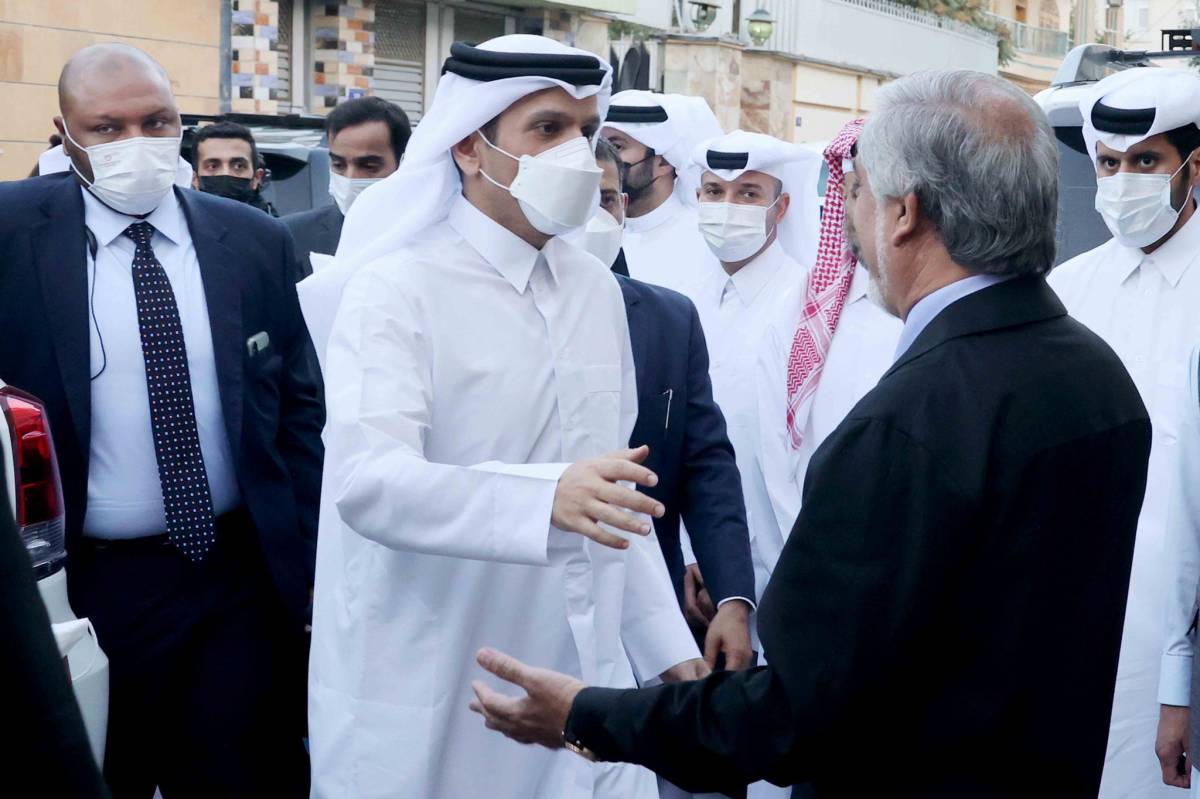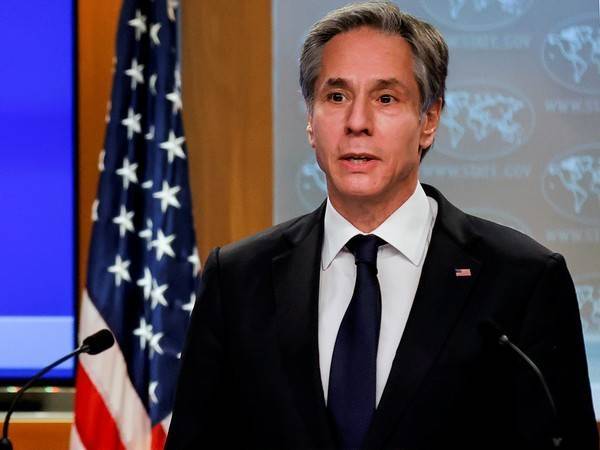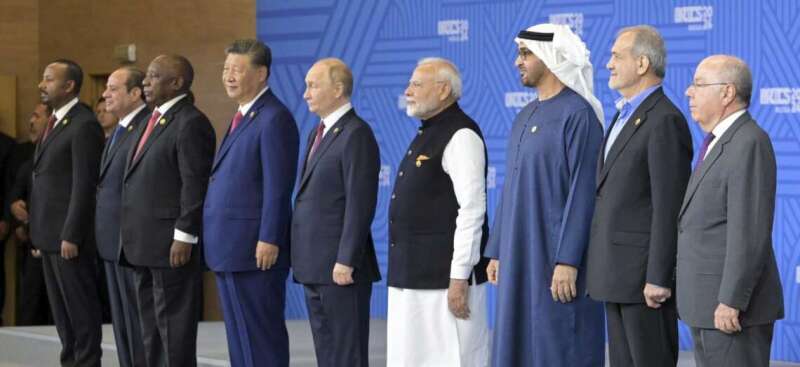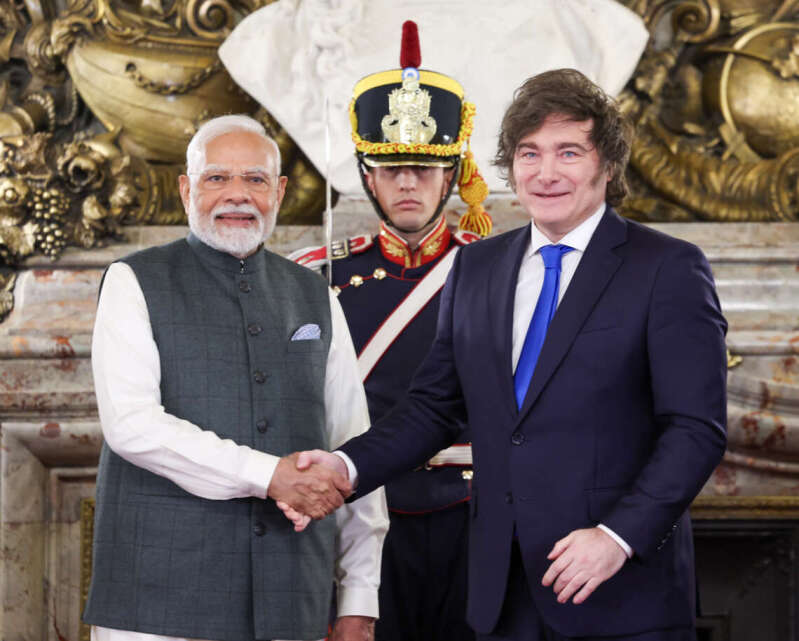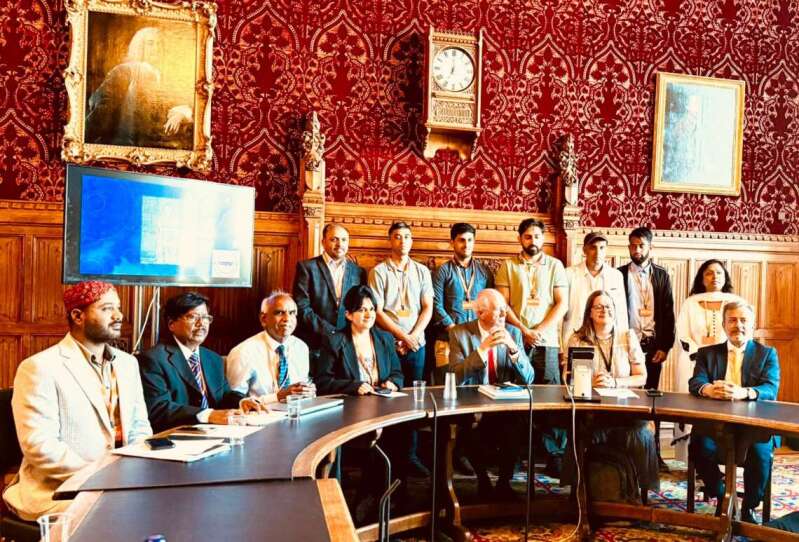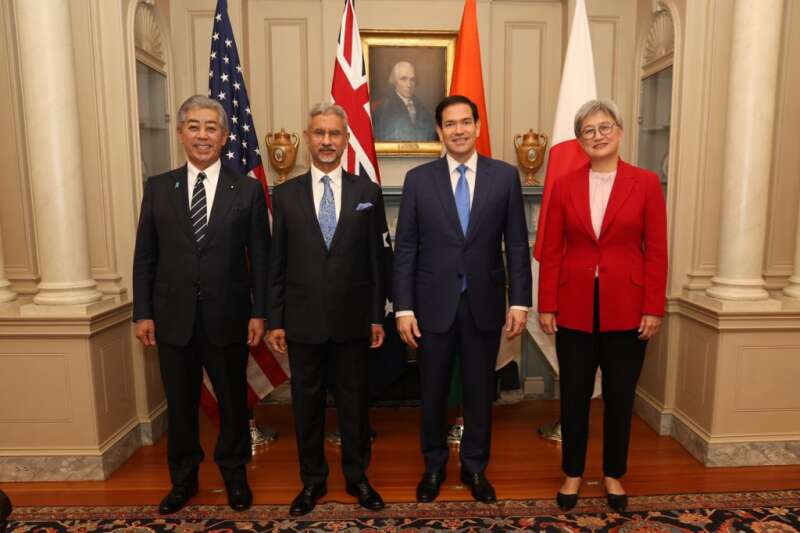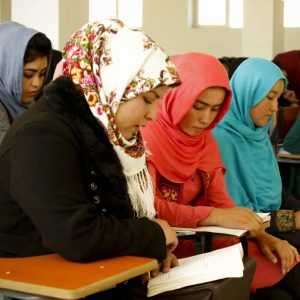Highlighting the concerns over humanitarian access as needs rise dramatically, Guterres maintained that the country’s new rulers have pledged their cooperation…reports Asian Lite News
Leading the appeal in Geneva for $606 million to support emergency aid for 11 million people in Afghanistan, Antonio Guterres, the Secretary-General of the United Nations, has said that even before the uncertainty caused by the Taliban takeover last month, people were in the grip of one of the worst crises in the world.
“The people of Afghanistan need a lifeline. After decades of war, suffering and insecurity, they face perhaps their most perilous hour. Now is the time for the international community to stand with them,” Guterres said.
Highlighting the concerns over humanitarian access as needs rise dramatically, Guterres maintained that the country’s new rulers have pledged their cooperation “to ensure assistance is delivered to the people of Afghanistan. Our staff and all aid workers must be allowed to do their vital work in safety — without harassment, intimidation or fear”.
One in two Afghans do not know where their next meal is coming from, the UN chief explained, adding that “many people could run out of food by the end of the month, just as winter approaches”.
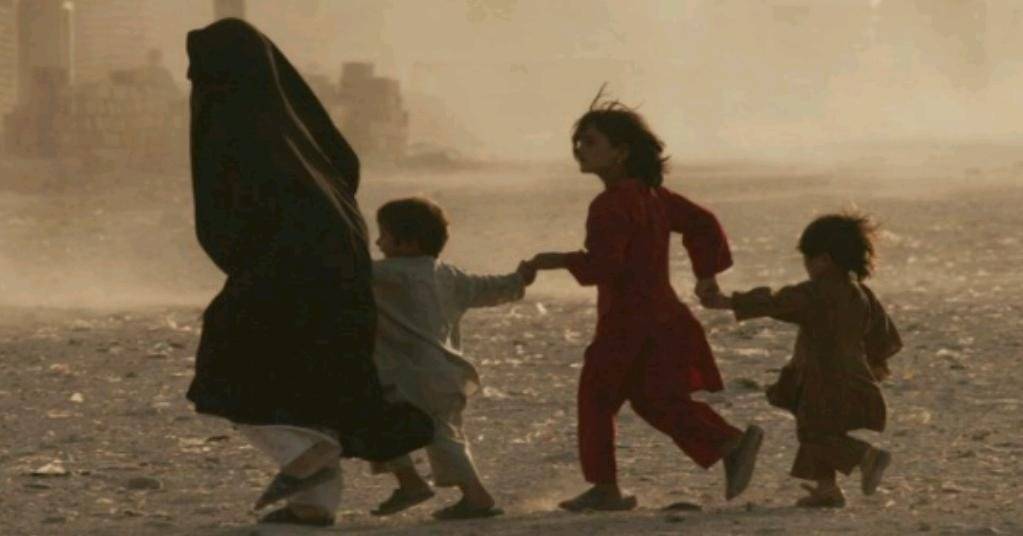
The flash appeal for food, life-saving interventions and essential healthcare – including maternal healthcare – comes against a backdrop of deep concern that women’s rights are under threat from Afghanistan’s new rulers.
UN High Commissioner for Human Rights, Michelle Bachelet, stressed the extent of the humanitarian and economic crisis in Afghanistan.
It had entered “a new and perilous phase”, she maintained, while many Afghans are also “profoundly concerned for their human rights, particularly women, ethnic and religious communities”.
Bachelet’s comments followed a warning from her office that whips, batons and live ammunition have been used on peaceful protesters in Afghanistan last week.
Unauthorised assemblies have been banned and telecommunications companies have been told to cut the internet on mobile phones in specific areas of Kabul, OHCHR had warned last Friday.
Alluding to those concerns at the high-level conference in Geneva, the UN Secretary-General highlighted the need for food, life-saving interventions and essential healthcare for the people of Afghanistan.
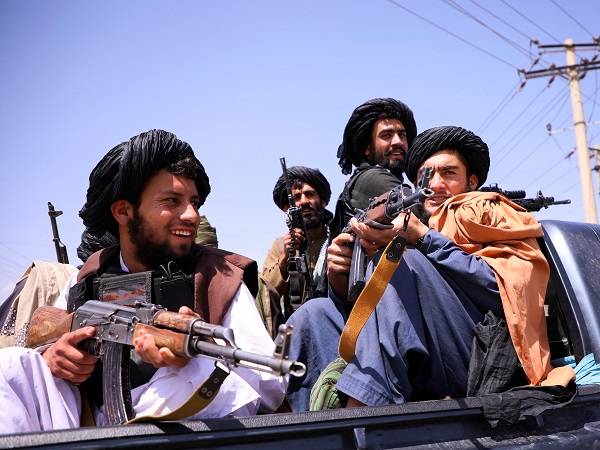
Guterres also insisted that “robust mechanisms” had been established to coordinate humanitarian efforts that were anchored in human rights.
Echoing the UN’s determination to “stand by” the people of Afghanistan and protect the “hard-won gains” for the country’s people over the last 20 years, UN emergency relief chief Martin Griffiths noted that he had received written assurances from the Taliban leadership to allow relief efforts to continue.
These guarantees followed his meeting with the Taliban’s interim leaders in Kabul last week, where he urged the country’s new rulers to respect human rights and facilitate aid access.
Women and girls should have access to education, among other rights and services “as anywhere else in the world”, Griffiths insisted, before revealing that the Taliban’s written commitments included the removal of “current and previous impediments” to the UN’s humanitarian projects.
Aid workers would also be protected by the Taliban, as would the sanctity of UN premises, the UN emergency relief chief explained, adding that they were in agreement about women’s rights and freedom of expression, in line with the country’s religious and cultural values.


